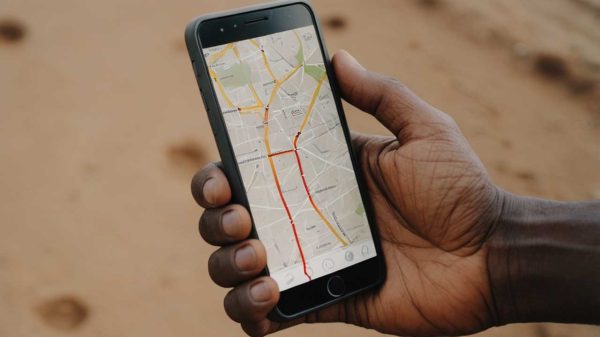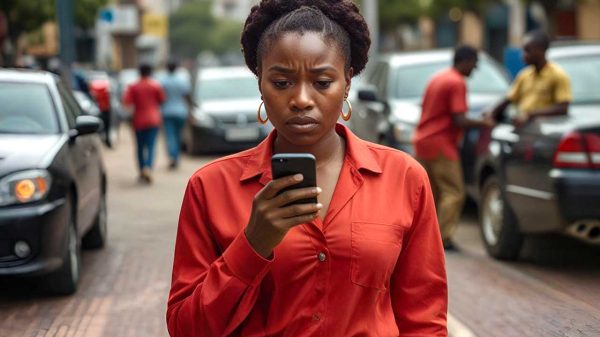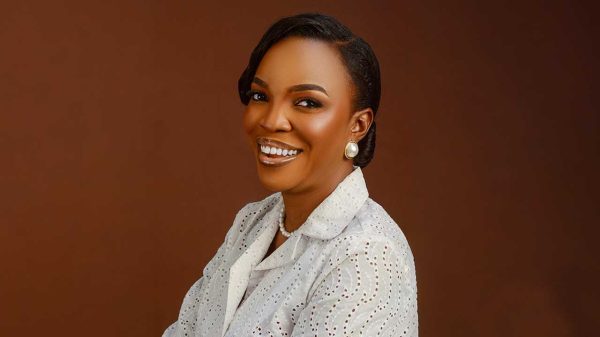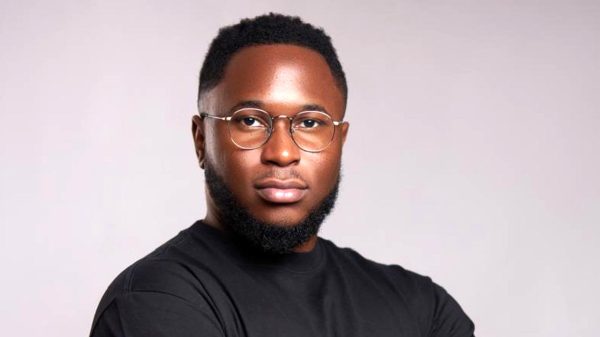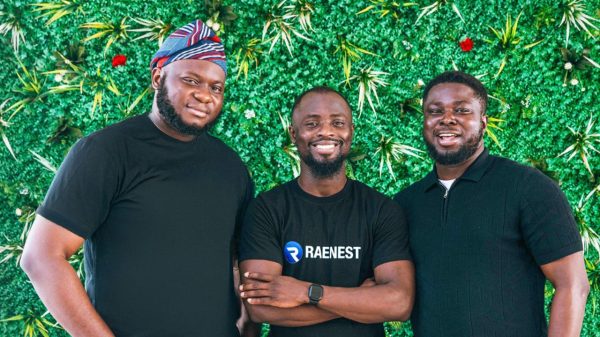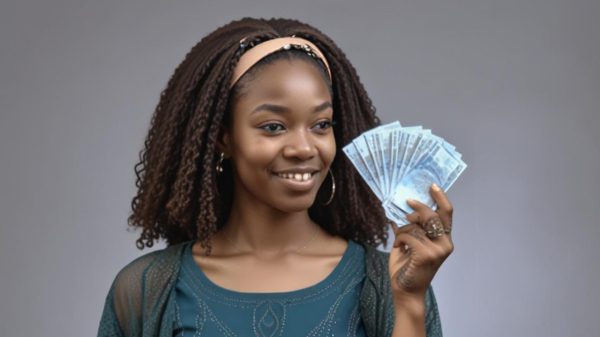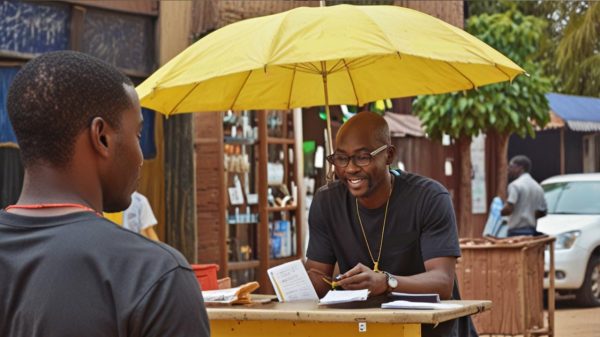A debate has ignited within Kenya’s parliamentary chambers, spurred by a petition advocating for the prohibition of TikTok within the nation’s borders.
At the heart of the petition lies a litany of accusations against the video-sharing platform, ranging from allegations of fostering violence to disseminating explicit material and hate speech. The petition contends that TikTok’s presence poses a significant threat to Kenya’s cultural and religious mores.
In a recent committee session convened on April 16, the country’s technology cabinet secretary articulated the government’s stance, favoring a strategy of bolstering regulatory measures over an outright ban on TikTok.
Fortune Mgwili-Sibanda, TikTok’s spokesperson for sub-Saharan Africa, has vigorously defended the platform’s integrity before the committee. Mgwili-Sibanda underscored TikTok’s substantial investments in a hybrid approach to content moderation, combining human oversight with AI technologies. Moreover, he emphasized the platform’s collaborative efforts with policymakers and regulators to address concerns.
Central to TikTok’s defense is its claim of proactive content moderation, citing the removal of over 296,000 inappropriate videos from the Kenyan domain in the previous year alone.
However, Kenyan lawmakers have raised apprehensions regarding the efficacy of TikTok’s AI moderation tools, particularly in discerning nuances within local languages and contexts. These concerns highlight the potential for harmful content to circumvent detection mechanisms and proliferate on users’ timelines unabated.
Subscribe to our Newsletter
Stay updated with the latest trends in African technology!

